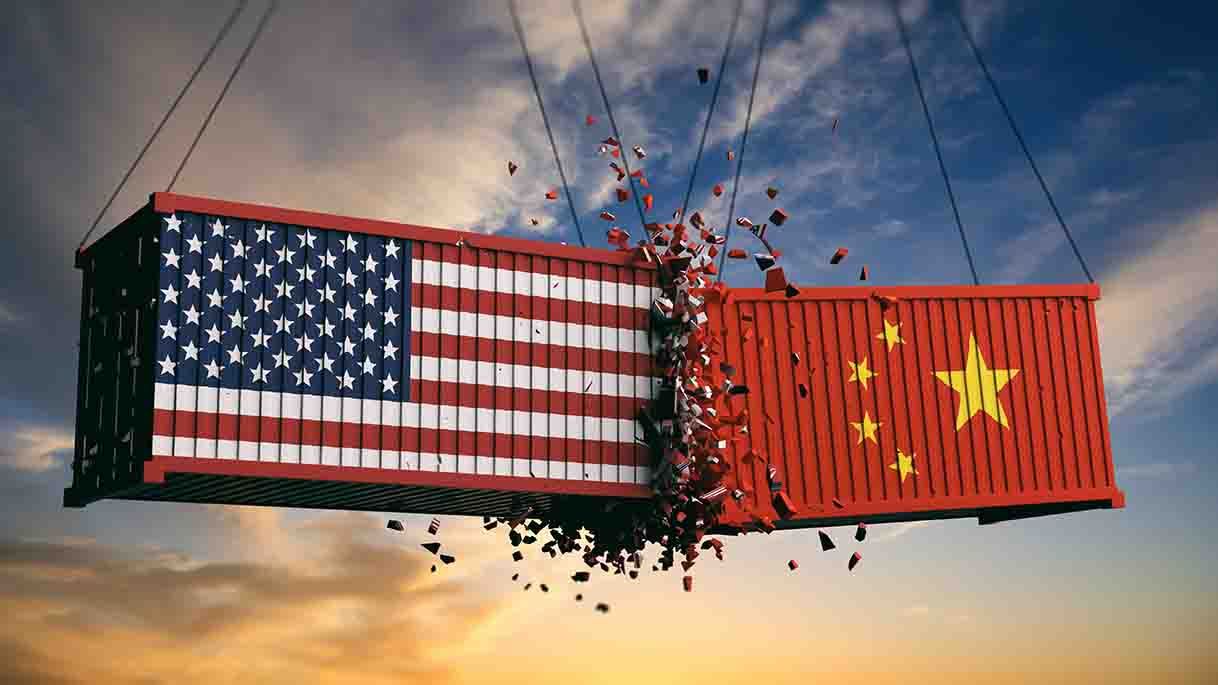Executive Brief

US-China Relations
Diplomatic TensionsPresident Biden’s criticism of China and Chinese President Xi Jinping during a Democratic fundraiser on 20 June, one day after Secretary of State Blinken concluded his visit to Beijing, dashed hopes for an improvement in US-China relations. China’s Foreign Ministry immediately denounced Biden’s remarks as “extremely absurd and irresponsible, go totally against facts, seriously violate diplomatic protocol, and severely infringe on China’s political dignity,” adding that “it is a blatant political provocation.”
- China’s Foreign Ministry summoned the US ambassador and delivered a diplomatic demarche. China’s ambassador in Washington told the State Department that the US should take actions to “minimize the negative effects” of Biden’s remarks, otherwise, the US will “bear all the consequences thereafter.”
On 22 June President Biden doubled down on his remarks during a press conference with visiting Indian Prime Minister Modi: “The idea of my choosing and avoiding saying what I think is the facts, with regard to the relationship...with China, is just not something I’m going to change very much.” Biden did not believe his remarks would jeopardize the progress in US-China relations made by Secretary Blinken and said he will meet with Xi in the coming months.
China’s reaction to Biden’s remarks was dual- pronged: Diplomatically, China expressed outrage. Domestically, Chinese state media instituted a blackout on the incident. Even the Foreign Ministry did not publish its denunciation and demarche on its website.
Chinese sources attributed China’s muted reaction to three factors:
- The Chinese government did not want to spread a message inside China that Xi is viewed as a “dictator.”
- The growing importance of Xi’s personality cult led the Foreign Ministry to overreact with a flurry of diplomatic actions to demonstrate its fealty.
- China wants to maintain the momentum in stabilizing US-China relations following Secretary of State Blinken’s recent China visit as evidenced by the absence of editorial or other media attacks against Biden. French news media reported that US officials privately told Chinese diplomats not to take Biden’s remarks “too seriously,” since the US is currently in an election cycle.
- On 27 June China’s ambassador to the US called the US deputy secretary of state to express China’s wish to “gradually bring US- China relations back to the right track.”
Chinese sources suggest that Biden’s repeated personal attacks against Xi have undermined their “personal ties” that Xi, when both were vice presidents in 2011, made extra effort to forge. Xi personally accompanied Biden to Sichuan and spent more than 20 hours with him — this was well outside normal diplomatic protocol. Since February 2012 when Biden accompanied Xi to Los Angeles, Xi has called Biden “my old friend,” but after Biden ran for president in 2019, he called Xi a “thug.”
In November 2021 the White House press secretary said Biden did not consider Xi as his “old friend.” In his 2023 State of Union address, Biden mocked Xi.
- China takes personal connections seriously in cultivating international relations. Deng Xiaoping’s personal relationship with senior President Bush was said to be instrumental in stabilizing US-China relations after the Tiananmen Incident in 1989. As Xi becomes increasingly absolutist, Biden’s personal attacks will only harden him and make him less flexible toward China’s US policy.